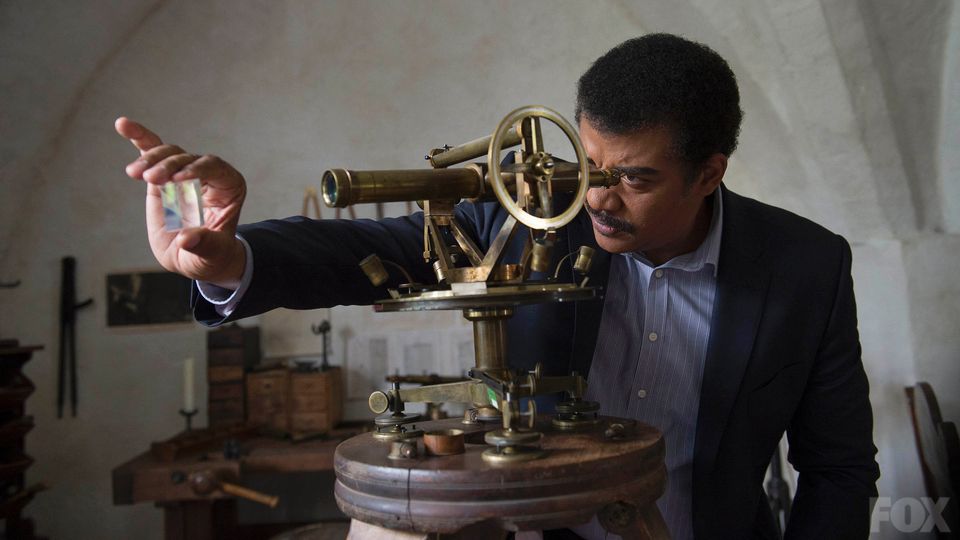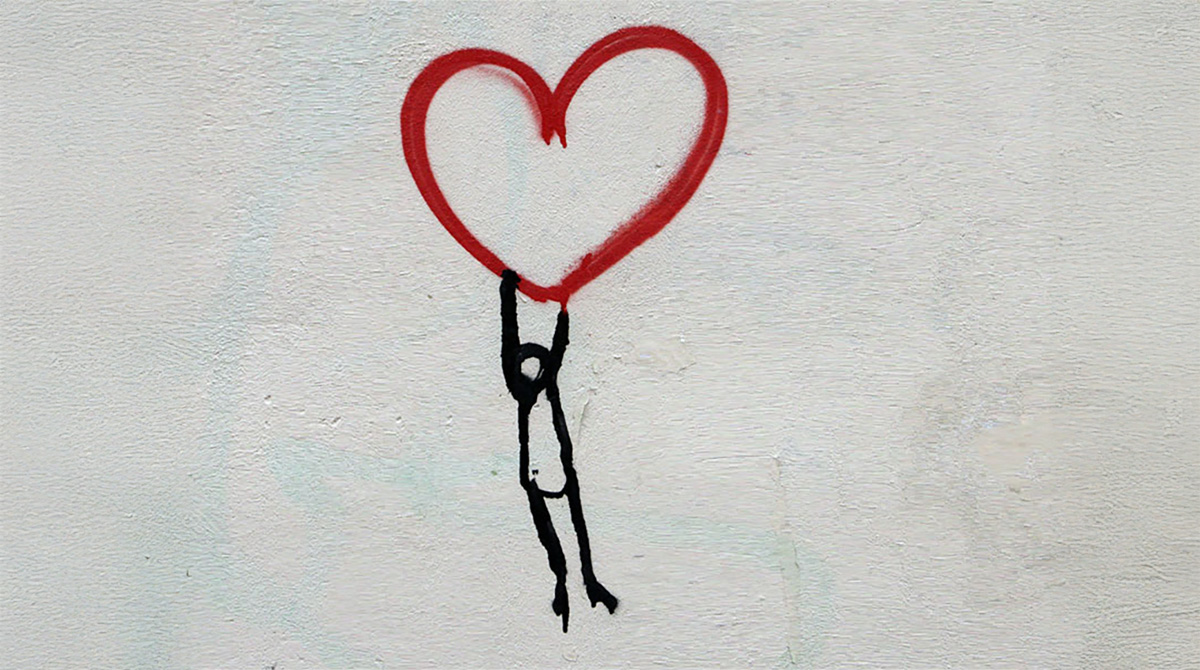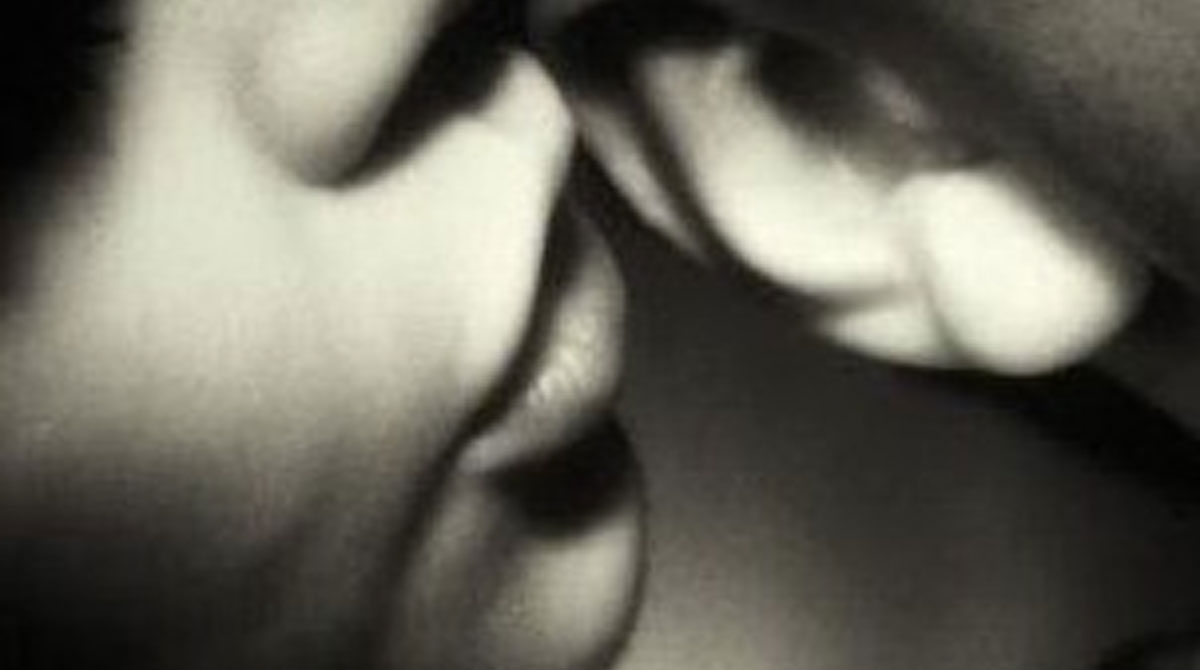A More Powerful Way of Seeing: Cosmos: A Space Time Odyssey: Episode 5
There is so much that we cannot see. Hidden from our eyes or taken away from us by those who do not want us to know what is there. We are not always equipped to see the light that is all around us.
The thread of light weaves this episode together and Cosmos: Hiding in the Light reveals more about us and our world than one might think at first glance.
First of all this is probably the best written episode to date; with each segment flowing neatly and tightly into one another with just enough tidbits of trivia to keep it lively and illuminate some very complex scientific concepts. Concepts that include the nature of waves of sound and light and the orbits of electrons. In previous episodes certain segments jumped into one another without a transition or segue. Occasionally it could be jarring. Not so this time. The episode takes us from ancient China to the Islamic Renaissance to parlors in England and glass factories in Bavaria in a very smooth and easy way; all the while keeping the theme of light flowing through.
Host Neil drGrasse Tyson again helps the episode along with his overwhelming sense of awe and wonder and adds personal experience and anecdote to shed light on the importance of the ideas being expressed. He explains light to us. Its quirkiness and strangeness, the way light changes how we view the world and how we learn the makeup of the universe by how it interacts with light.
And the light of free expression, the thing that science needs most. The free exchange of ideas.
The history of science is filled with missed opportunities and the suppression of ideas. This episode only touches on a few of these instances. Newton missed the opportunity discover light’s code that could have helped more forward our understanding of the universe 150 years earlier than it did. And that is disappointing, yes; but does not come close to the willful suppression of ideas.
The burning of the works of Mozi because they did not fit in with the government or Joseph Fraunhoffer’s work held back because of corporate secrets and monetary gain. And countless others. How many other works of genius have we lost over the years? How many great ideas were suppressed due to ignorance? How many geniuses were killed or never found at all? All because the spark of creativity, of knowledge, being snuffed out. The light being hidden.
I look around at our own society and I see disturbing trends. Look at how we elevate the mediocre. When someone is highly educated we call them elitist and weak. We look down upon teachers and actively try to downgrade and underfund our schools. We routinely elect our leaders based on the criteria of who we would rather have a beer with rather than who’s the smartest. We have become a society that despises intellect. And because of this how many geniuses will never be found or be too afraid to ask the simple question ‘why’? How many new ideas will never come to light?
And the episode ends in light. A skyline shot of New York seen in infrared, ultraviolet, gamma and x-ray, and radio waves. Light, deGrasse Tyson explains to us has opened up our understanding of the universe, through it we have learned that everything is made up of the same elements. The stars, the planets, ourselves; we are all made of the same starstuff. We have just opened our eyes to the light, he says at the end of the program.
Here’s hoping we keep them open.












Likhon chowdhury says:
Conor says:
Andy Garcia says: